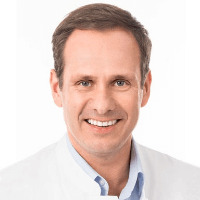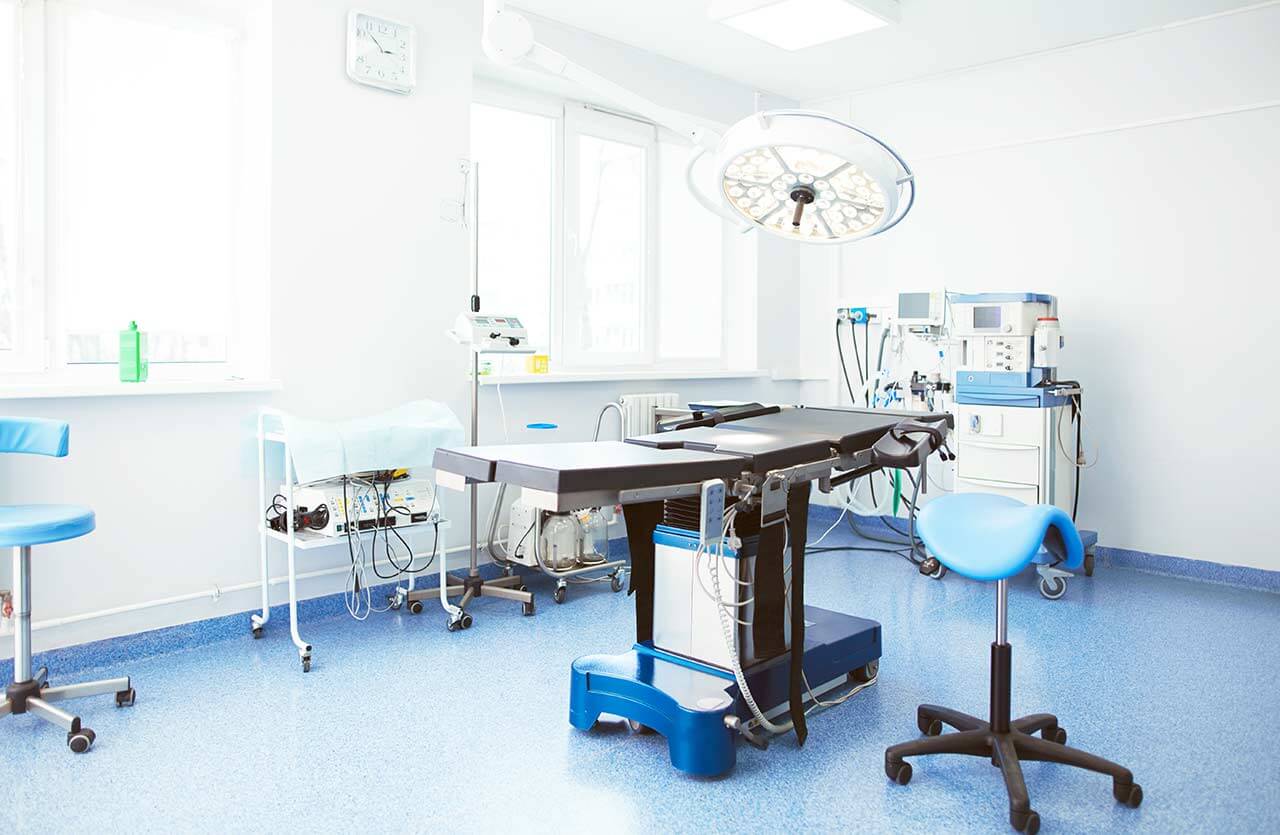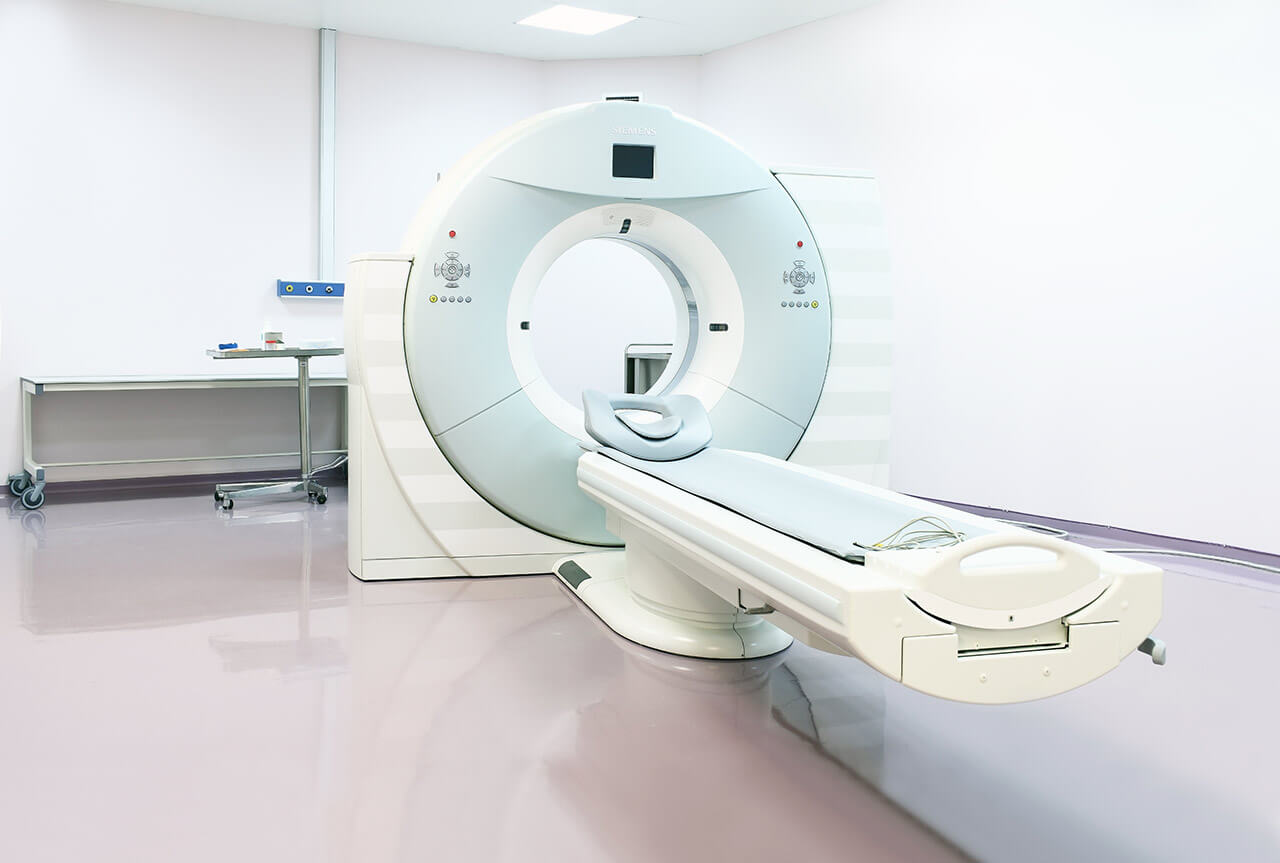
The program includes:
- Initial presentation in the clinic
- clinical history taking
- review of medical records
- physical examination
- laboratory tests:
- complete blood count
- general urine analysis
- biochemical analysis of blood
- inflammation indicators (CRP, ESR)
- indicators blood coagulation
- CT/MRI scan
- neuropsychological tests (on indications):
- ENMG (electroneuromyography)
- EEG (electroencephalography)
- SEPs (somatosensory evoked potentials)
- VEPs (visually evoked potentials)
- BAEP tests (brainstem auditory evoked potential)
- motor symptoms
- reflexes
- muscle strength
- Muscle tone
- coordination
- balance
- sensory symptoms
- sense of touch
- vision and eye movement
- hearing
- psychiatric symptoms
- mental status
- mood
- neuropsychological testing
- memory
- reasoning
- mental agility
- language function
- spatial reasoning
- psychiatric evaluation
- emotional state
- patterns of behaviors
- quality of judgment
- coping skills
- signs of disordered thinking
- vidence of substance abuse
- consultation of related specialists
- symptomatic specific treatment
- the cost of essential medicines and materials
- nursing services
- control examinations
- full hospital accommodation
- developing of further guidance
Required documents
- Medical records
- Genetic tests (if available)
Service
You may also book:
 BookingHealth Price from:
BookingHealth Price from:
About the department
The Department of Neurology at the Hirslanden Clinic Aarau offers all the options of modern medicine for the effective detection and treatment of pathologies of the nervous system. Of particular interest are the treatment of stroke, multiple sclerosis, epilepsy, headaches and back pain. The Chief Physician of the department is Prof. Dr. med. Adam Czaplinski.
The department's neurologists cooperate closely with neurosurgeons, so that patients can benefit from the comprehensive approach to treatment. The doctors provide medical care both on an inpatient and outpatient basis. Thanks to the high-tech equipment and exclusively professional medical staff, the department has the status of the Center of Competence throughout Switzerland.
The department's range of medical services includes:
- Diagnostics and treatment of epilepsy
- Diagnostics, consultation and continuous support for patients with epilepsy
- Electroencephalography, including on an outpatient basis
- Counseling and care for pregnant women with epilepsy
- Vagus nerve stimulation for drug-resistant epilepsy
- Neuropsychological diagnostics
- Cranial MRI and other specialized imaging examinations of the brain (in collaboration with the Department of Diagnostic and Interventional Radiology)
- "Second opinion"
- Diagnostics and treatment of multiple sclerosis
- Counseling
- Comprehensive diagnostics – clinical and neurological examination, MRI, lumbar puncture, blood test and recording of evoked potentials
- Treatment within clinical trials (on the basis of the Basel University Hospital)
- Emergency treatment of seizures by intravenous injection of glucocorticosteroids
- Outpatient escalation therapy for active types of multiple sclerosis with constant monitoring by neurologist
- Intravenous therapy (for example, by monoclonal antibodies)
- "Second opinion"
- Diagnostics and treatment of stroke
- Stroke risk assessment
- Ultrasound examination of the cerebral vessels (Doppler/duplex scanning), cardiological examination, as well as laboratory tests (if necessary)
- Lysis therapy
- Neurorehabilitation
- "Second opinion" service
- Diagnostics and treatment of headaches (migraines, cluster headaches and tension headaches)
- Differential diagnostics according to an individual clinical case
- Treatment and monitoring of treatment effectiveness
- Laboratory tests in other suspected pathologies
- CT or MRI for suspected tumors, intracerebral hemorrhage and trauma
- Diagnostics and treatment of back pains
- Comprehensive neurological examination, including electroneurography and magnetic resonance imaging
- Drug therapy
- Diagnostics and treatment of dystonia (the main focus is on the treatment of motor disorders, torticollis, blepharospasm, spasticity)
- Electromyography-guided botulinum toxin injections
- Diagnostics and treatment of other neurological disorders
Curriculum vitae
Clinical Interests
- Multiple sclerosis.
- Neuromuscular diseases.
- Electromyography.
- Electronystagmography.
- Electroencephalography.
Professional Career
- Since 2020 Head of the Department of Neurology of Hirslanden Clinic Aarau.
- Since 2009 Chief Physician of the Neurology Network of the Bellevue Medical Group.
- 2008 - 2009 Head of the Department of Neurology and Neurosurgery at the University Hospital Basel.
- 2003 - 2008 Senior Physician in the Department of Neurology at the University Hospital Basel.
- 2003 - 2005 Postdoctoral Fellow, Department of Neurology, Baylor College of Medicine, Houston, Texas, USA.
- 2003 Senior Physician, Department of Neurology, University Hospital Basel.
- 1999 - 2002 Assistant Physician in the Department of Neurology at the University Hospital Basel.
- 1998 - 1999 Assistant Physician in the Department of Neurosurgery at the Cantonal Hospital Aarau.
- 1997 - 1998 Assistant Physician in the Department of Neurology and Neurorehabilitation, RehaKlinik Rheinfelden.
- 1995 - 1997 Assistant Physician, Department of Neurology, Paraplegia Center (Schweizer Paraplegikerzentrum), Basel.
- 1994 - 1995 Assistant Physician in the Department of Internal Medicine at the Cantonal Hospital Bruderholz, Basel.
Higher Education and Postgraduate Training
- 2007 Habilitation, University of Basel.
- 2002 Board certification in Neurology.
- 2001 Doctoral thesis defense, University of Basel. Subject: "The role of brain lesion according to images in T2 mode during determination of prognosis of the progression of multiple sclerosis".
- 1987 - 1994 Study of Human Medicine, Medical University of Gdańsk, Poland, University of Basel, Switzerland.
Memberships in Professional Societies
- Swiss Neurological Society (SNG).
- Swiss Society of Clinical Neurophysiology (SGKN).
- European Neurological Society (ENS).
- American Academy of Neurology (AAN).
- Swiss Medical Association (FMH).
- Swiss Multiple Sclerosis Society (SMSG).
- Swiss Society for Muscular Dystrophy (SGMK).
Photo of the doctor: (c) Hirslanden AG
About hospital
The Hirslanden Clinic Aarau enjoys the status of one of the largest and most successful private medical facilities in Bern and Zurich. The clinic is part of the Hirslanden Network known in Europe, which is a provider of first-class medical services in Switzerland.
The main areas of specialization of the clinic in Aarau include cardiology, cardiac surgery, abdominal surgery, urology, oncology, neurosurgery, spinal surgery and orthopedics. The Department of Obstetrics annually delivers more than 700 babies. The high professionalism of the clinic’s medical staff, as well as the excellent technical base, make it possible to successfully cure not only common pathologies, but also very complex clinical cases.
All efforts of doctors and nursing staff of the clinic are focused on meeting the needs of patients and best possible restoration of their health. The work with patients is based on an individual approach to each clinical situation. The clinic has 155 beds for inpatient treatment. The surgical treatment is provided in 7 operating rooms with all the necessary surgical instruments, computer monitoring systems, navigation devices, robot-assisted systems for sparing laparoscopic operations.
Since 2010, the clinic introduced a unified quality management system, which includes all clinics in the Hirslanden Network. The clinical performance indicators and patient reviews are provided in the annual reports available to all those who want to see them. At the moment, the clinic rating is 8.9 out of 10 possible points – based on patient reviews. The clinic is also the first and only health facility in the canton of Aargau, which medical services were certified in accordance with the new ISO 2016 standards.
Photo: (с) depositphotos
Accommodation in hospital
Patients rooms
The patients of the Hirslanden Clinic Aarau live in cozy rooms equipped with everything necessary for a comfortable stay in the hospital. Each patient room has an ensuite bathroom with shower and toilet. The standard patient room includes an automatically adjustable bed, a bedside table, a wardrobe with lockers for storing personal belongings, a hairdryer, a table and chairs for receiving visitors, a TV and a radio. The patient rooms also have Wi-Fi access. If desired, the patients can live in enhanced-comfort patient rooms, which are additionally equipped with a safe, a refrigerator and upholstered furniture.
Meals and Menus
The patient and the accompanying person are offered a daily choice of three menus. If you are on a specific diet for any reason, you will be offered an individual menu. Please inform the medical staff about your dietary preferences prior to the treatment.
Further details
Standard rooms include:
Religion
The religious services can be provided upon request.
Accompanying person
During the inpatient program, an accompanying person may stay with the patient in the patient room or at a hotel. Our managers will help you choose the most suitable option.
Hospital accommodation
During the outpatient program, you can live in a hotel at the clinic.
Hotel
During the outpatient program, you can live in a hotel of your choice. Managers will help you choose the most suitable options.



